 The recent announcements of the Union Budget have seen many decisions being made which will affect the automotive industry; chief among which is the increase in import duty for all vehicles coming in via the completely built up (CBU) import route.
The recent announcements of the Union Budget have seen many decisions being made which will affect the automotive industry; chief among which is the increase in import duty for all vehicles coming in via the completely built up (CBU) import route.
The government is trying to promote localisation by encouraging all major auto makers to increase their presence in production and operations in the country. Until that happens, this increase will affect not just cars but many motorcycles as well.
The increase in import duty from 60% to 75% points to a significant 15% rise in the base price tags of some of the popular big import bikes. This list includes the bigger and more exclusive Harley-Davidson Softail, V-Rod and Touring lines; all Aprilia, Moto Guzzi, BMW and Ducati models; and the superbike offerings of the Japanese big four. While the mass majority of biking population won’t be affected by these changes; those who were aspiring to lay their hands on one of these larger-engined beauties will have to dig a little deeper into their pockets.
The automobile sector, meanwhile, will be most affected with an increase in import duty from 75% to 100% – a substantial 25%. This spells massive cost jumps for high-end luxury cars, sports cars, entry-level supercars and the exclusive elite. Even the Mini range, which already costs over Rs.30 lakh, will be affected to a significant tune.
Furthermore, all SUVs will become even more expensive with excise duty being upped to 30%. Prices for popular SUVs like the Toyota Fortuner, Mitsubishi Pajero Sport, Chevrolet Captiva, Ford Endeavour and offerings from the German trio – the BMW X1 and X3; the Audi Q3, Q5 and Q7; and the Mercedes ML-class will be affected to some extent. However, the most affected will be the big imports – the Range Rover, Toyota Landcruiser, Porsche Cayenne, Mercedes G and GL class, BMW’s X5 and X6, Volvo’s XC60 and XC90, Volkswagen Touareg and the Mitsubishi Montero.
While it is not clear if the new breed of front-wheel driven crossovers will be spared, the extremely popular Renault Duster, the Skoda Yeti and much anticipated Ford Ecosport will have their fingers crossed.
With rising fuel prices and the controlled, gradual increase of diesel prices countrywide, the situation could change into something rather unexpected very quickly. As far as the Indian automotive industry goes, the proposed changes have generated a mixed response.
GM India’s President & MD Lowell Paddock believes the budget’s focus on agriculture, irrigation, education, skill development, health care and infrastructure makes it an encouraging set of policies. He was, however, disappointed with the policies proposed for the automotive industry. He had hoped for a rollback of excise duty imposed in 2012; instead, there was an increase of 3% in excise duty on SUVs and 25% in customs duty on high-end imported vehicles, which he believes will not help the industry in a period of slowdown. He was optimistic, though, about the concessions for electric vehicles, increased allocation for road transport and announcements for manufacturing, R&D, and skill development, among others. He also felt that the measures proposed to stimulate investment and demand in manufacturing as well as the movement on GST and purchase of buses under JNNURM would have a positive impact on the industry and the economy as a whole.
SIAM’s President S. Sandilya welcomed the Budget as an attempt to balance growth aspirations with fiscal compulsions. In particular, he was positive about the reintroduction of investment allowance and the focus on infrastructure. He was, however, disappointed that there was no reduction in excise duty for passenger cars (with regard to the 2% reduction recommended by SIAM) and the increase in excise duty on SUVs used as personal vehicles. He appreciated the increased allocation for purchasing buses under JNNURM, 1% reduction in excise duty on CV chassis, extended concession on import of electric and hybrid electric vehicle parts till 31st March 2015, increased customs duty on luxury cars and motorbikes, and the proposed increase in duty on second-hand vehicles from 100% to 125%. He mentioned that the industry was awaiting the full implementation of the GST.
Audi India’s head Michael Perschke rated the budget a 3/10. He was surprised by the increased custom duty on imported cars and excise duty on SUVs, and he fears the adverse impact it will have on the automobile industry that is going through a slowdown. He had hoped for increased support from the government especially in the face of rising fuel prices, input costs, persistent inflation, and high interest rates. Although, he did appreciate the focus on infrastructure – especially roads – and believes that the proposed regulatory authority on road construction would encourage better infrastructure and quicker development.
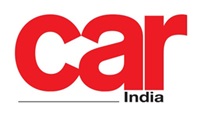



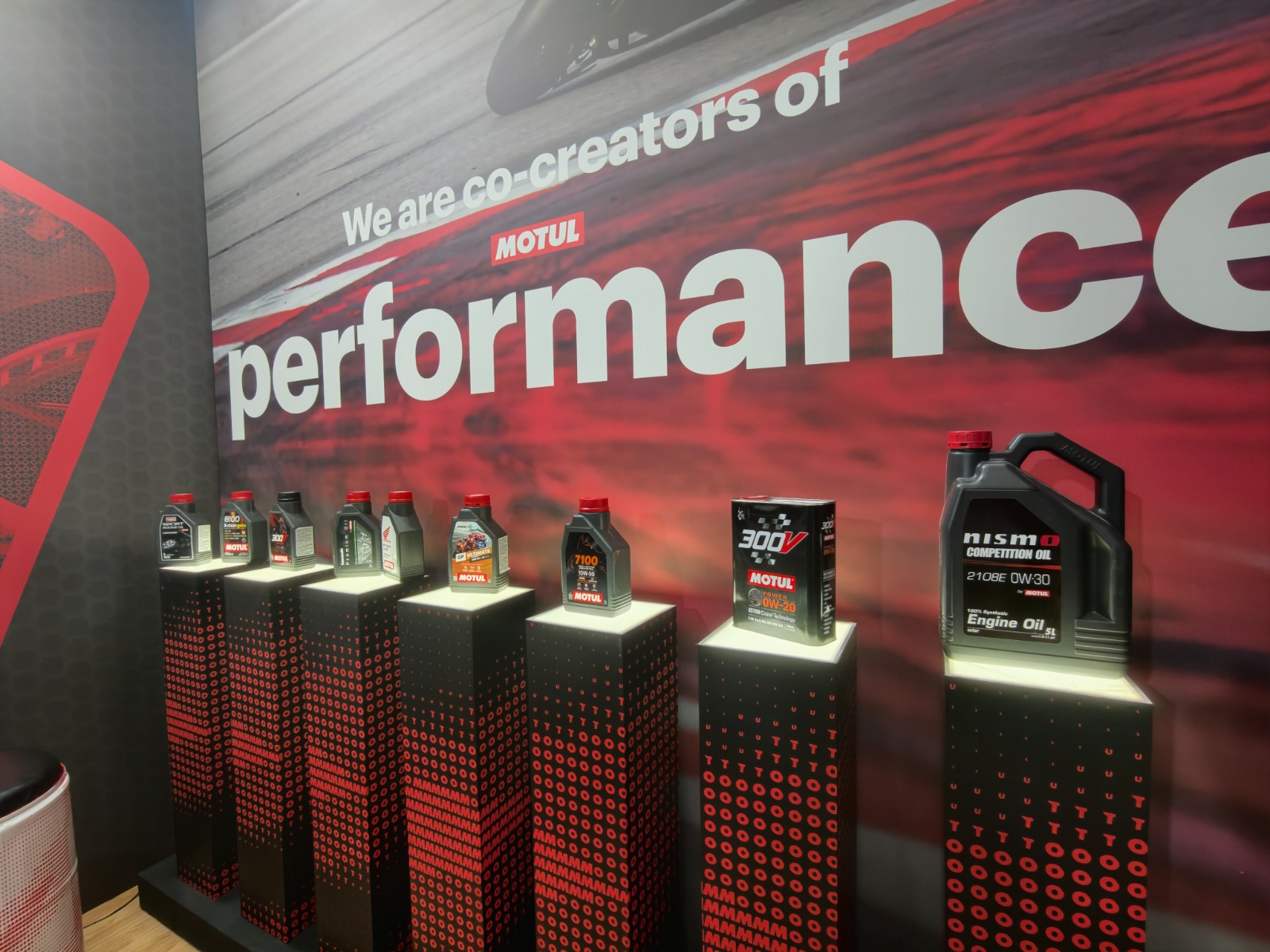
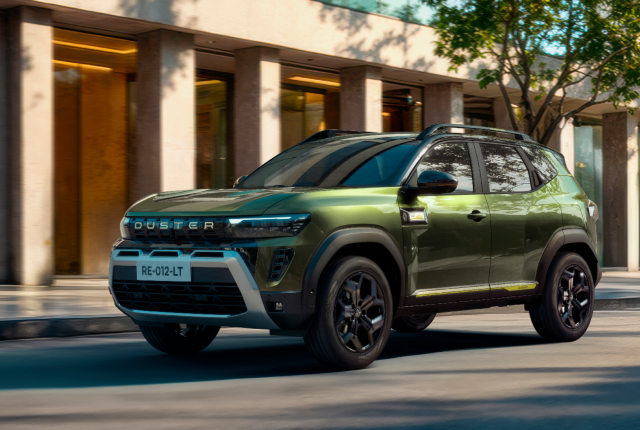

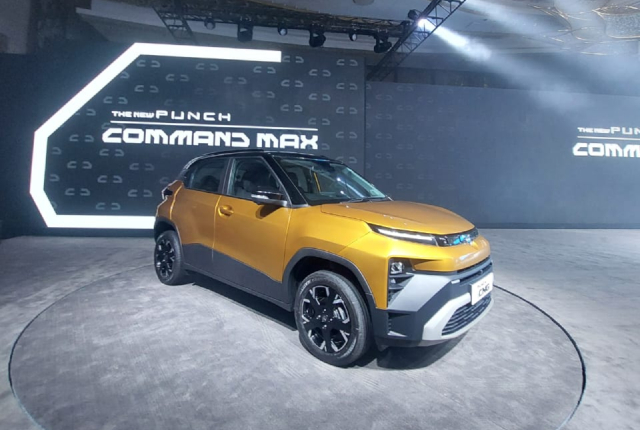


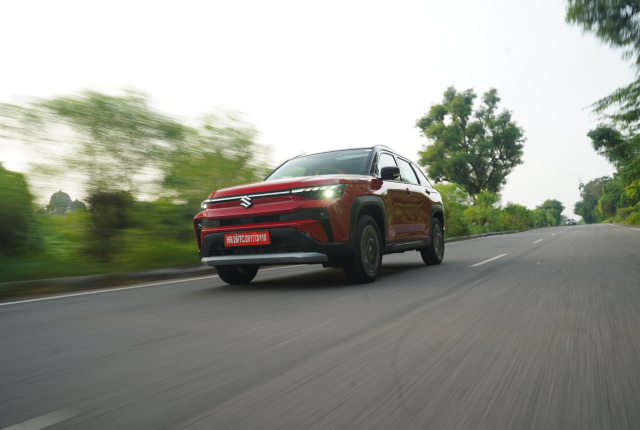
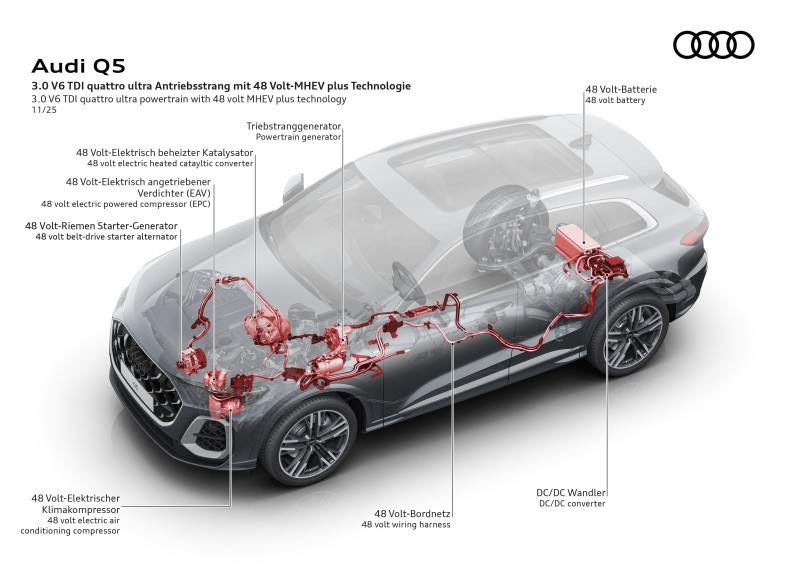
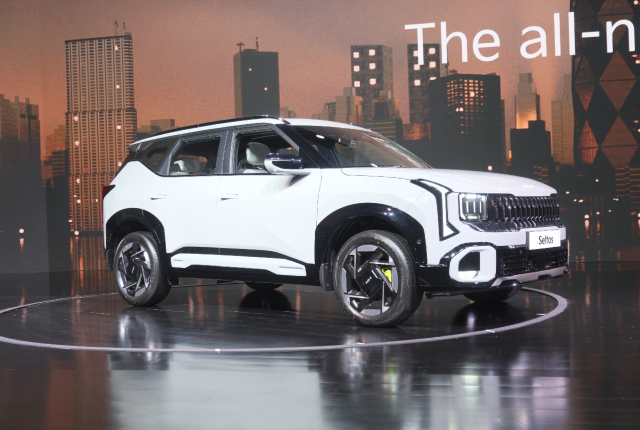
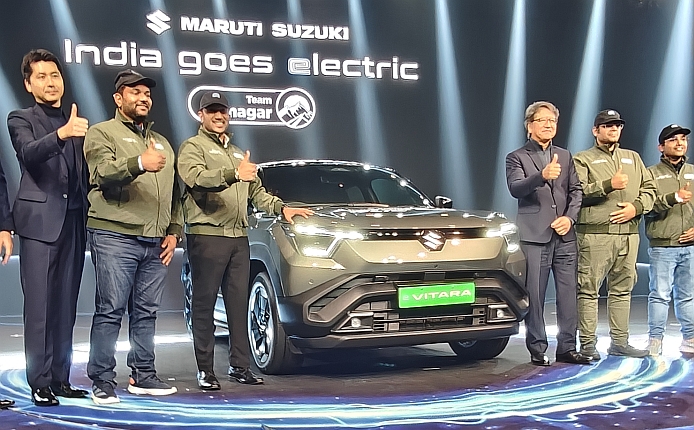
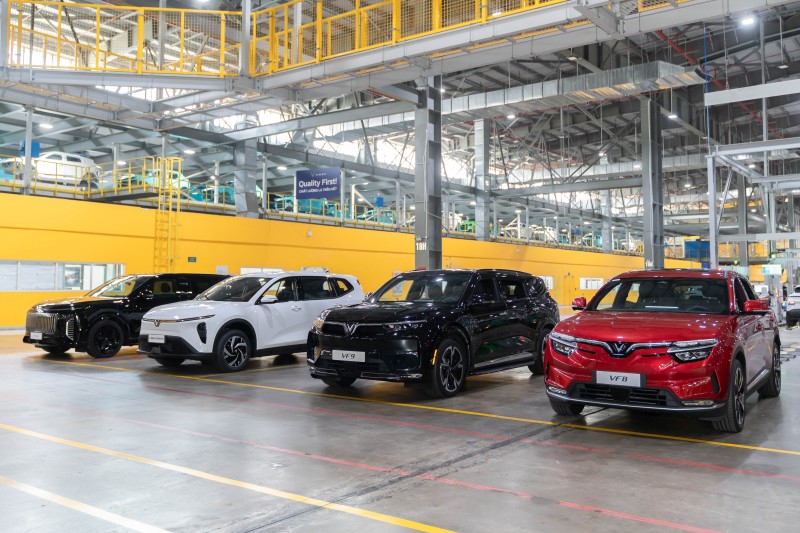

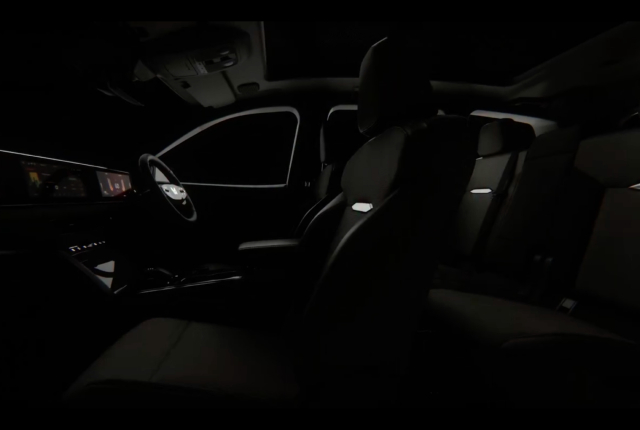
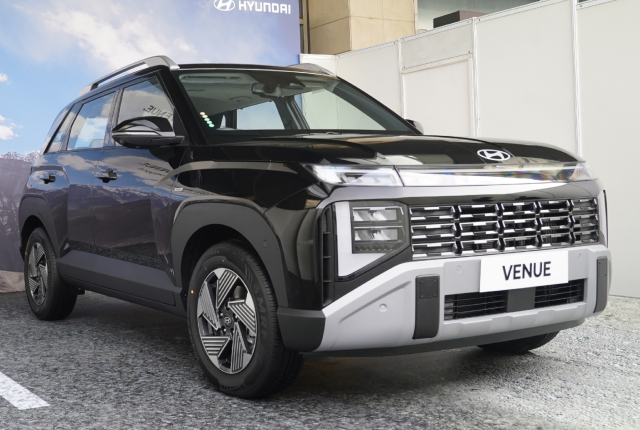
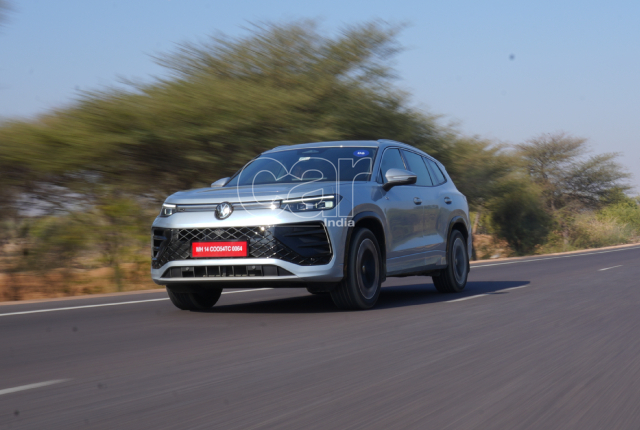
Leave a Reply